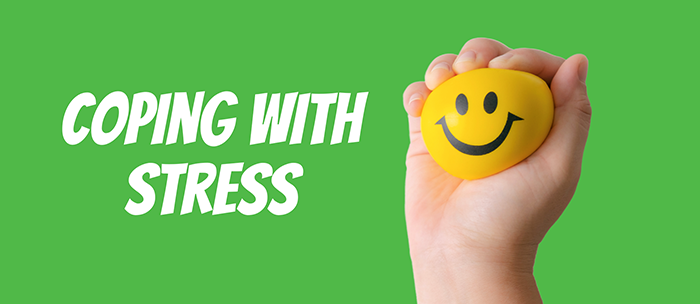
Stress is a normal part of life and we all need to develop effective strategies to cope with stress. There are times in our lives when we encounter higher levels of stress. Students undertaking rigorous academic courses such as the IB tend to perceive heightened stress around exam times. Having a repertoire of stress coping strategies from which to draw is useful but not all strategies are found to be effective in helping adolescents to manage stress. Coping strategies tend to be either problem-focused, where the individual responds to the source of stress, or emotion-focused, where the individual tries to minimise any emotional discomfort experienced in response to the stressor. Research conducted by Elizabeth Shaunessy and Shannon Suldo examined the various causes of stress and the effectiveness of stress coping strategies used by students participating in an International Baccalaureate Programme.
Students reported that the IB Programme as “time- and labor-intensive" but their classes, teachers and peers sustained them through the IB years by providing satisfying educational and emotional connections. A number of specific coping strategies were identified. These included taking deliberate action steps to address the problems, such as managing tasks; putting energy into enacting a plan; managing time and making decisions relevant to the demands. There were some who tried to cope by avoiding current demands: procrastinating, fixating on the problem without taking any action and doing things unrelated to the problem.
Seeking social and family support was another strategy but some used social support as a form of distraction or source of relaxation, whereas others used social contacts to place their own stressors in perspective. A sense of humour, engaging in relaxing activities and sleeping were also used as stress coping strategies. There were students who wanted and needed time alone in order to reduce stress. Some students tried reducing existing workload by renegotiating expectations, activities and deadlines where possible and others worked on assignments with classmates and friends as a way of coping with academic stressors.
Interestingly, the expression of anger, or venting, seemed to be a strategy used by some of the gifted students who seemed to be unaware of the impact this had on others. They did, however find that this sometimes acted to facilitate group cohesion. This prompted a realisation that they were 'all in the same boat' and venting frustration and anger together served to reduce a sense of isolation that is sometimes associated with experiences of stress.
We all cope with stress in individual ways, but the challenge lies in finding stress coping strategies that are effective. Discussing this with friends and within the family can help to clarify which strategies work best.
© Michele Juratowitch
michele@clearingskies.com.au